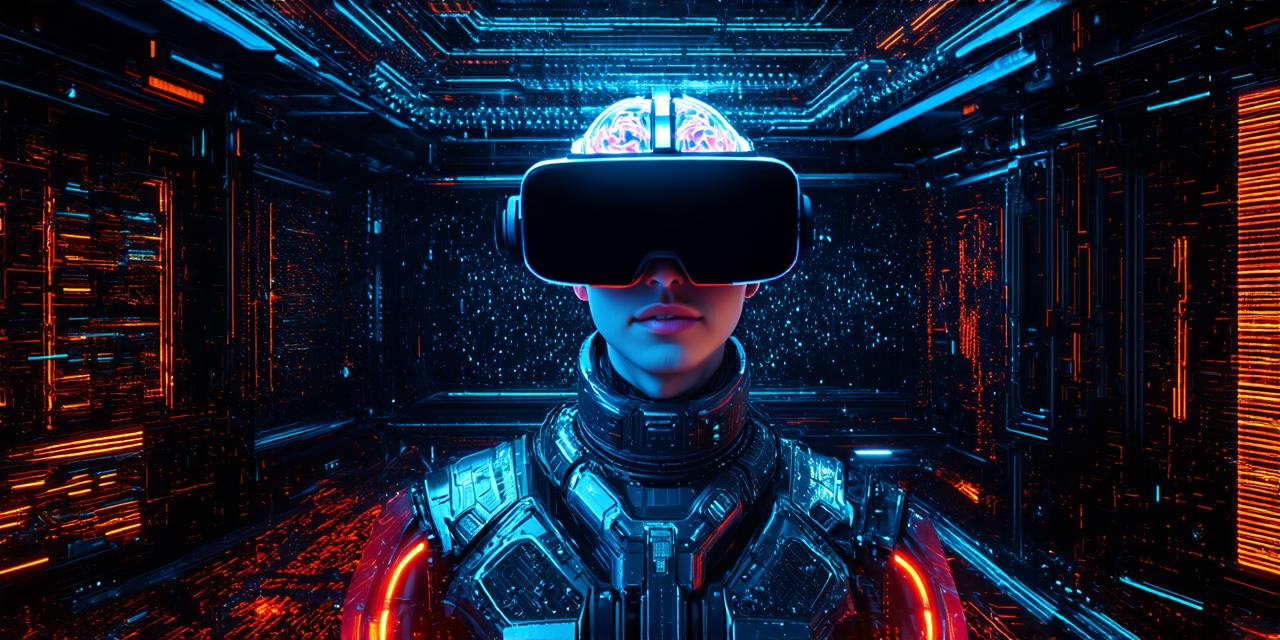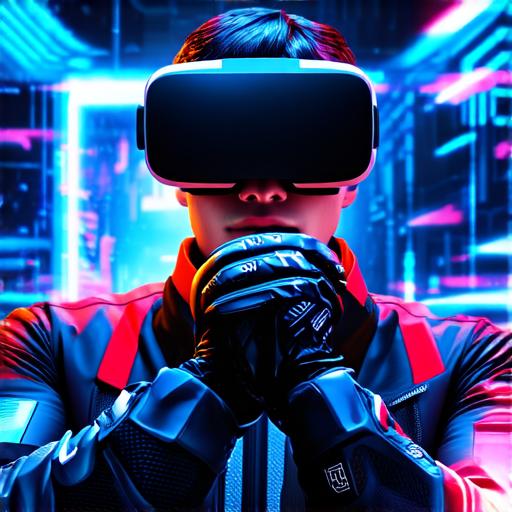
How are virtual reality and human perception interconnected?
In today’s fast-paced world, virtual reality (VR) technology has emerged as a powerful tool for revolutionizing the way we experience reality.
As developers and innovators in this field, it is important to understand the complex interplay between VR and human perception to create immersive experiences that resonate with users on a deeper level. In this article, we will explore the fascinating connection between virtual reality and human perception, and how it has the potential to transform various industries such as gaming, education, healthcare, and more.
The fundamental question that arises when examining the relationship between VR and human perception is: “How do humans perceive virtual environments?” While VR technology allows us to create highly realistic simulations of the physical world, it is still a digital construct that exists within the realm of pixels and algorithms.
As such, the way we perceive these virtual environments is shaped by our innate cognitive processes, which are deeply intertwined with our sensory input.
One fascinating aspect of VR and human perception is the phenomenon known as “suspension of disbelief.” This concept refers to the ability of individuals to temporarily set aside their skepticism and accept a virtual reality experience as if it were real. By creating an immersive environment that fully engages our senses, VR developers can effectively “trick” our brains into accepting a digital construct as a genuine representation of the physical world.
This suspension of disbelief is crucial in creating a sense of presence and authenticity in virtual environments, which can have profound implications for various fields such as gaming, education, and healthcare.

For example, in the realm of gaming, VR technology has revolutionized the way we experience immersive experiences that were previously limited by the constraints of traditional consoles and computers. By creating a fully interactive environment that engages our senses, VR developers can create a sense of presence and authenticity that allows gamers to truly feel as if they are part of the action.
This has led to the development of highly engaging games that require players to make critical decisions in high-pressure situations, such as the popular military shooter “Beat Saber” or the educational game “Anatomoss.”
In the field of education, VR technology has shown great promise in creating interactive and immersive learning experiences that can help students better understand complex concepts. By providing a safe and controlled environment for students to practice skills and explore new ideas, VR developers can create a more effective and engaging learning experience that prepares students for success in the real world.
For example, the VR simulation “Alchemy VR” allows students to explore the historical context of alchemy by immersing them in a virtual laboratory where they can experiment with different elements and compounds.
In the realm of healthcare, VR technology has the potential to revolutionize the way we diagnose and treat various conditions. By creating highly realistic simulations of medical procedures, VR developers can provide doctors and nurses with an immersive training experience that allows them to practice their skills in a safe and controlled environment.
For example, the VR simulation “The Virtual Reality Company” allows surgeons to practice complex surgical procedures in a virtual operating room, which can help reduce the risk of complications and improve patient outcomes.
In addition to its potential applications in various industries, VR technology also has important implications for our understanding of human perception itself. Researchers have shown that exposure to virtual environments can have profound effects on our cognitive processes, including memory, attention, and perception. By creating immersive experiences that engage our senses, VR developers can effectively “rewire” our brains and enhance our cognitive abilities in ways that were previously thought impossible.


